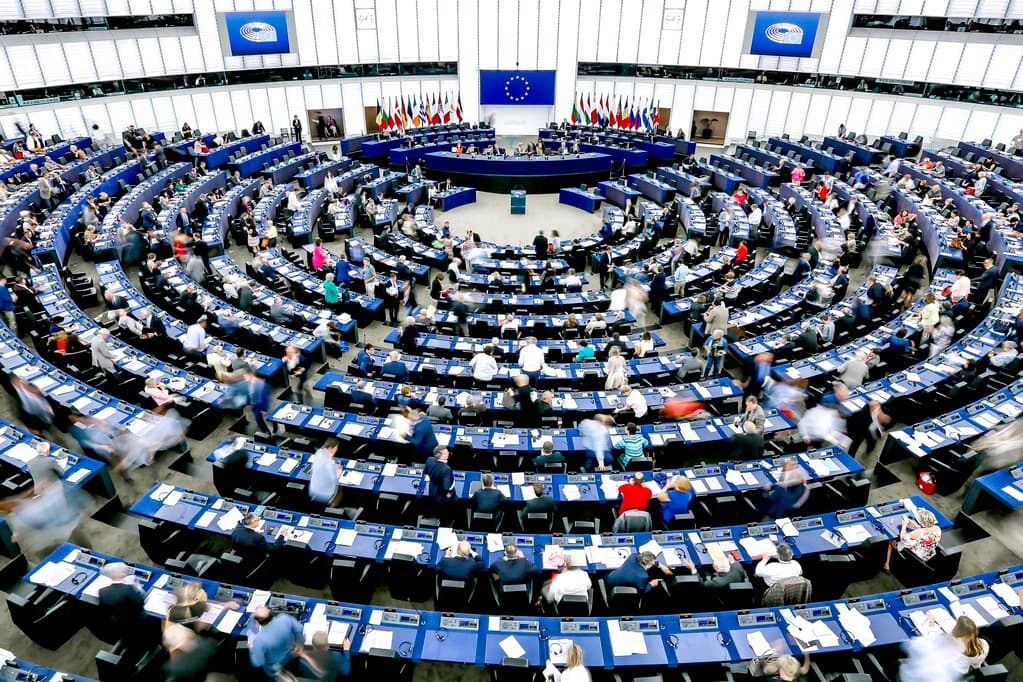AI-Generated Summary
Learn moreThis document is a briefing from the European Parliamentary Research Service (EPRS), authored by Marketa Pape, addressing the growing housing crisis across the European Union. It provides vital background information for Members of the European Parliament as they work to tackle this pressing issue.
Context of the Housing Crisis
The briefing highlights a long-standing and worsening problem with housing affordability throughout the EU, exacerbated by recent cost-of-living challenges. Key factors contributing to this crisis include rising construction costs, higher mortgage rates, and a slowdown in housing construction, which have collectively made homeownership increasingly difficult. Additionally, treating housing as an investment vehicle has escalated prices faster than incomes, leading to a significant number of individuals struggling to find affordable housing. This situation has resulted in increased homelessness and a rise in the housing cost overburden rate, where households spend over 40% of their income on housing.
Environmental Challenges
The document also emphasizes the environmental aspects of the housing crisis, noting that buildings account for 40% of the EU's energy consumption and 36% of its CO2 emissions. Renovating the housing stock to decarbonize it is presented as essential for achieving the EU's climate goals and reducing energy poverty.
EU's Role and Responsibilities
While acknowledging that housing is primarily a responsibility of Member States, the briefing outlines how the EU indirectly influences housing through legislation, policy guidance, and funding. A significant development is the establishment of a dedicated portfolio for Energy and Housing within the European Commission, led by Commissioner Dan Jørgensen, which indicates a more coordinated EU-level approach.
Key Findings on Housing Affordability
Between 2010 and 2023, the average house prices in the EU increased by 48%, while rents rose by 22%. This crisis has seen an estimated 70% rise in homelessness over the past decade. The construction sector is facing a contraction, compounded by significant labor shortages. More citizens, including middle-income groups and key workers, are struggling to afford housing at market rates.
EU Policies and Legislative Impact
The revised Energy Performance of Buildings Directive (EPBD) is a central piece of legislation mandating that all new buildings be zero-emission by 2030. It also sets targets for Member States to reduce average energy use in residential buildings by 16% by 2030 and 20-22% by 2035, focusing on renovating the worst-performing buildings. Furthermore, EU competition rules regulate how Member States can subsidize social housing; however, the current definition of the target group for social housing is viewed as too narrow by some stakeholders.
EU Funding and Initiatives
The briefing outlines multiple EU funding instruments available to support housing, with an estimated €100 billion allocated for energy efficiency renovations until 2030. Key funding sources include the Recovery and Resilience Facility (RRF), the European Regional Development Fund (ERDF), InvestEU programme, and the new Social Climate Fund starting in 2026. The European Investment Bank (EIB) is also a significant financier for social and affordable housing.
Recent and Future EU Actions
In December 2024, the European Parliament established a Special Committee on the Housing Crisis (HOUS) to analyze the problem and propose solutions. The European Commission is preparing a "European affordable housing plan" and has launched a call for evidence to gather input. Proposed amendments to cohesion policy funds aim to provide Member States with greater flexibility to reprogram funds toward affordable housing projects, with strong political support for a "European new deal for affordable and social housing."
